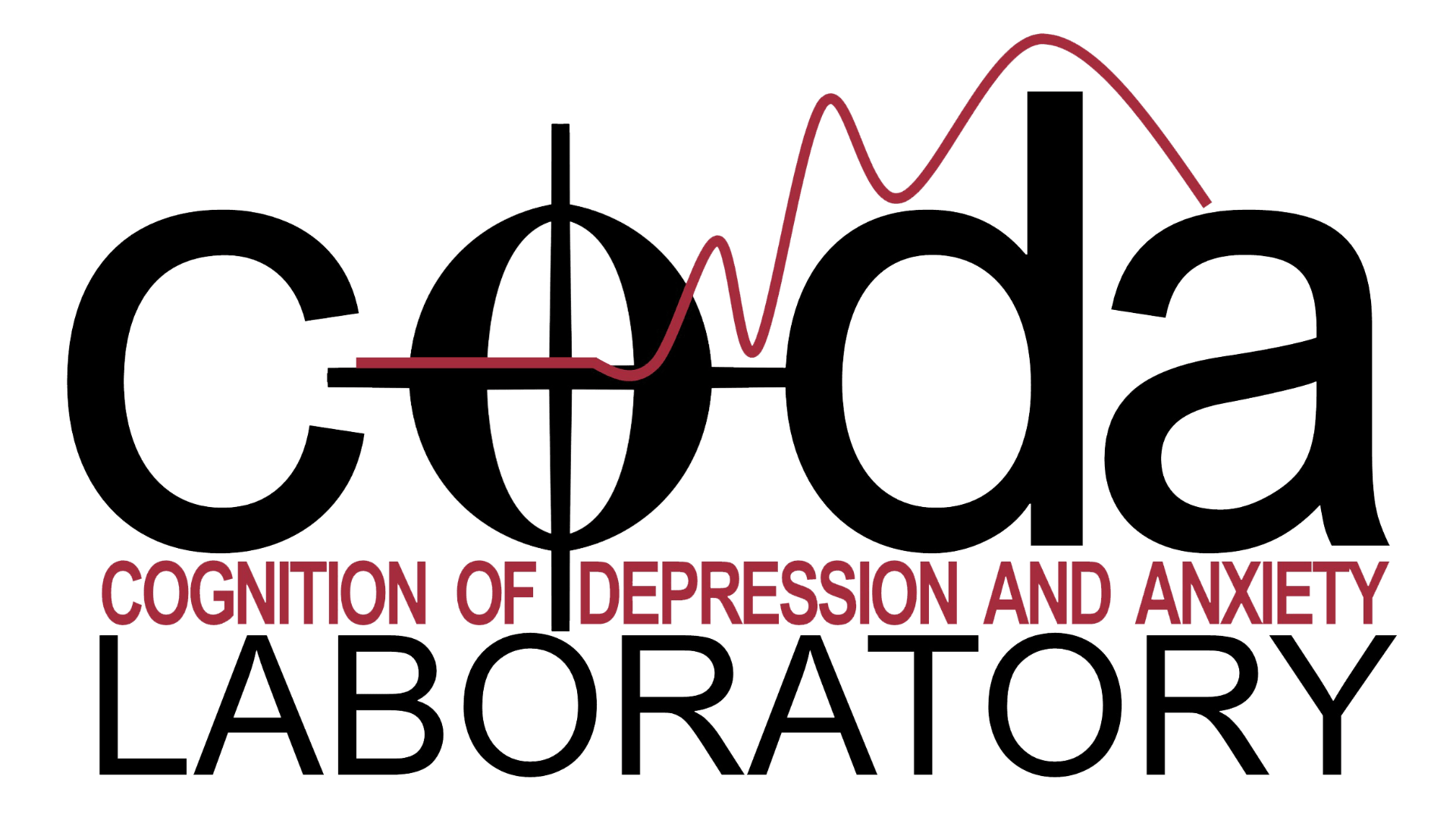Aim 1. Understand the role of attention in affective disorders.
- Attentional bias in social anxiety. Studies suggest that people with excessive social anxiety pay more attention to aspects of themselves and the environment that are perceived to portend a likelihood of feared social outcomes (e.g., rejection). Many questions remain about the stimuli and conditions that evoke attentional biases and the consequences of attentional biases. The Lab aims to advance our understanding of attentional biases linked to social anxiety.
- Cognitive control. Studies have observed differences in the ability to regulate cognition, and in one’s perceived ability to do so, among individuals with anxiety and mood disorders. The lab aims to understand how both of these phenomena relate to symptoms.
Aim 2. Understand the role of repetitive negative thinking (RNT) in affective disorders.
- Anxiety and mood disorders involve perseverative thoughts (e.g., worry, rumination) that deepen negative emotion. The lab seeks to further our understanding of the role of RNT in affective disorders.



